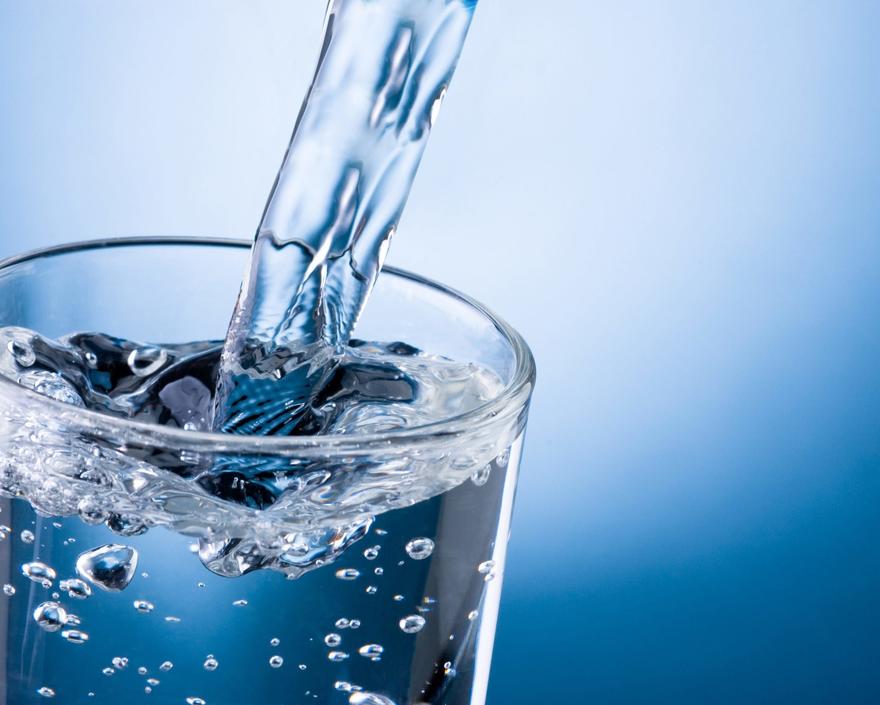Are You *Actually* Hydrated?

PSA: Hydration isn't just about drinking enough water. In fact, it's totally possible to be drinking TONS of water and STILL not be truly hydrated.
True hydration on a cellular level requires most of the water we drink to be able to pass through the cell membrane. It can't do this without the help of minerals & electrolytes. Most (if not all) of us are chronically deficient in minerals for many reasons. Our soil is depleted of minerals, therefore our food sources are depleted of minerals. On top of that, many of us don't eat foods that have high mineral content frequently enough to reach therapeutically significant mineral levels within the body. As if all of that wasn't enough.....we also burn through minerals like crazy when we are stressed (so basically all the time).
For all of these reasons, it's pretty essential to be supplementing with minerals. Every single cell in your body NEEDS minerals in order to make energy, make hormones, signal hormones, and make enzymes.
If you are struggling with any of the following symptoms, you would benefit greatly from bringing in some mineral supplementation:
- Brain fog
- Fatigue
- Muscle twitching/spasms
- Drinking lots of water & peeing constantly
- Bloated/puffy feeling
- Constipation
- Thirsty despite drinking plenty of water
- Muscle aches & pains
- Trouble falling asleep or staying asleep
- Skin rashes/breakouts
So how can you supplement with minerals? Here are a few of my go-to recommendations:
1) Add a pinch of high quality sea salt to your water. I recommend THIS BRAND. You can also generously salt your food, as long as you're using a high quality salt. The whole salt fear narrative we have grown up learning is not actually all it's cracked up to be.
2) Add electrolytes to your water, especially post workout or after spending time outside, in a sauna, etc. My favorite brand is LMNT.
3) Add a trace mineral supplement to your water. I like THIS ONE.
4) Drink/cook with bone broth and coconut water. Both are naturally high in minerals and electrolytes.
5) Make your own mineral mocktails to drink at home. This would be any beverage with a combination of sodium, potassium, and magnesium (bonus points for adding a source of vitamin C). Here's a link to a DIY mineral mocktail guide created by a registered dietician.
You can implement as many of the above as you'd like to, keeping in mind that small, consistent, sustainable change will serve you better than trying to "do it all" and then falling off the wagon a week later. If you're really hoping to alleviate symptoms listed above or improve cellular hydration levels, you should aim to incorporate at least one of the above every day consistently.
0 comments
Leave a comment
Please log in or register to post a comment